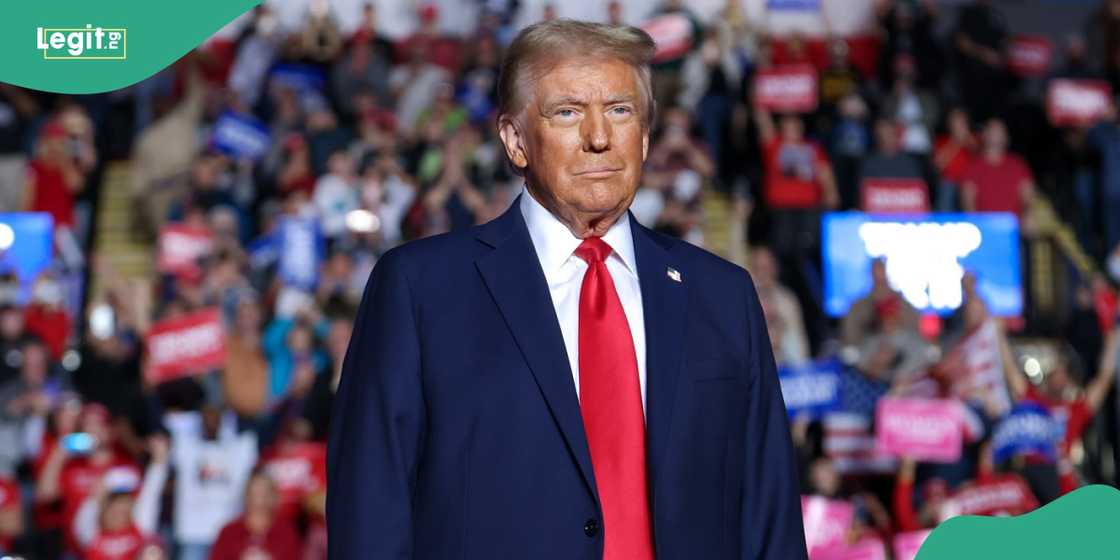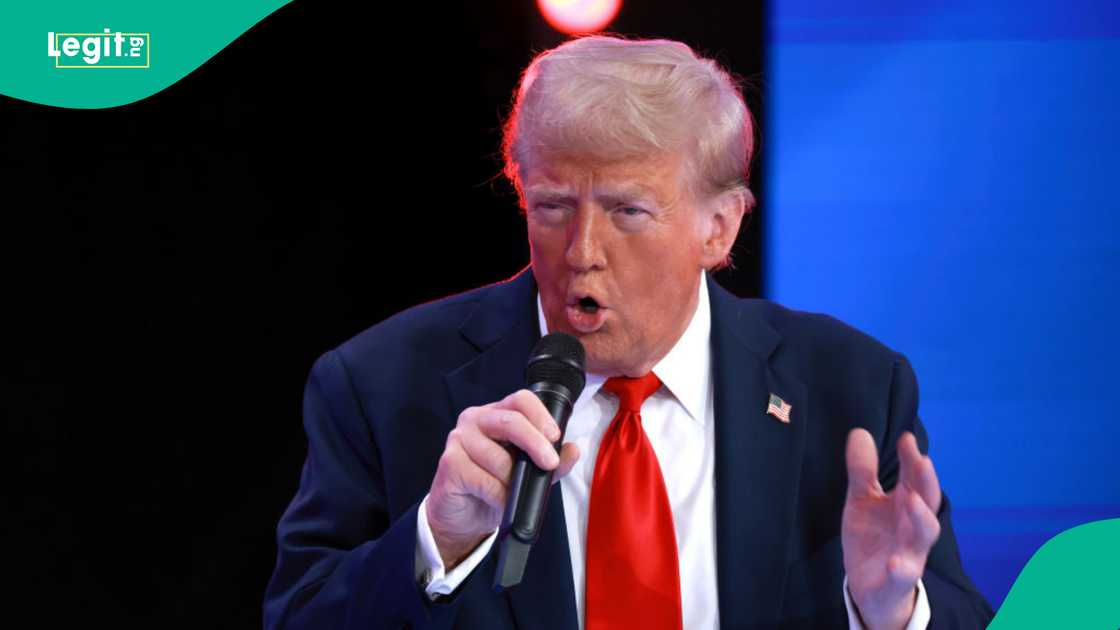US Government Moves to Shorten Visa Validity for Students and Journalists
- The US government has unveiled a proposal to significantly shorten visa durations for foreign students and journalists
- Under the new rules, student visas would be capped at four years, while media professionals could face a 240-day limit
- Officials say the move is aimed at curbing visa abuse and enhancing national security
The United States government has announced plans to reduce the maximum validity period of F visas, which are issued to foreign students.
According to a statement released by the Department of Homeland Security (DHS) on Wednesday, the new rule would cap student visas at four years, replacing the current system that allows students to stay for the duration of their academic programme.

Source: Twitter
Under existing regulations, students—particularly those pursuing doctoral degrees—can remain in the country for up to five years.
The proposed change, introduced by President Donald Trump’s administration, marks a significant shift in US immigration policy and is aimed at tightening oversight of visa holders.
The DHS stated that the move was intended to “prevent abuse and enable authorities to better monitor visa holders.” Officials argued that previous administrations had permitted foreign students and other visa holders to remain in the US “virtually indefinitely,” which they claimed posed safety risks, incurred taxpayer costs, and disadvantaged American citizens.
Journalist visa validity to be limited to 240 days
In addition to student visas, the Trump administration’s proposal also targets media professionals. Visas for journalists would be limited to 240 days, with the possibility of a single extension of up to 240 additional days. However, the total duration must not exceed the length of the journalist’s assignment in the United States.
Any request for an extension would require an application to the US Citizenship and Immigration Services (USCIS), involving more rigorous background checks. This marks a departure from recent practice, where journalists—such as those from Germany—had reportedly been granted visas valid for up to five years.
The DHS defended the proposed changes, citing national security concerns and the need for stricter immigration controls. The department emphasised that the reforms were designed to “enhance the integrity of the US visa system” and ensure that foreign nationals do not overstay their authorised period.
Implications for international students and media professionals
The proposed visa restrictions have sparked concern among academic institutions and media organisations, who fear that the changes could deter international talent and hinder journalistic freedom. Critics argue that the shortened visa durations may disrupt long-term research projects and reporting assignments.
While the rule has yet to be finalised, its announcement signals a continued push by the Trump administration to tighten immigration policies and prioritise domestic interests. The DHS has invited public comment on the proposal, which could influence its final implementation.

Source: Getty Images
US revises visa reciprocity policy for Nigeria
Legit.ng earlier reported that the United States (US) Department of State on Tuesday, July 8, announced updates to its reciprocal non-immigrant visa policy.
It was reported that the update affected several countries, including Nigeria.
The US Embassy in Nigeria said in a statement that, effective immediately, most non-immigrant and non-diplomatic visas issued to citizens of Nigeria will be single-entry visas with a three-month validity period.
Source: Legit.ng




